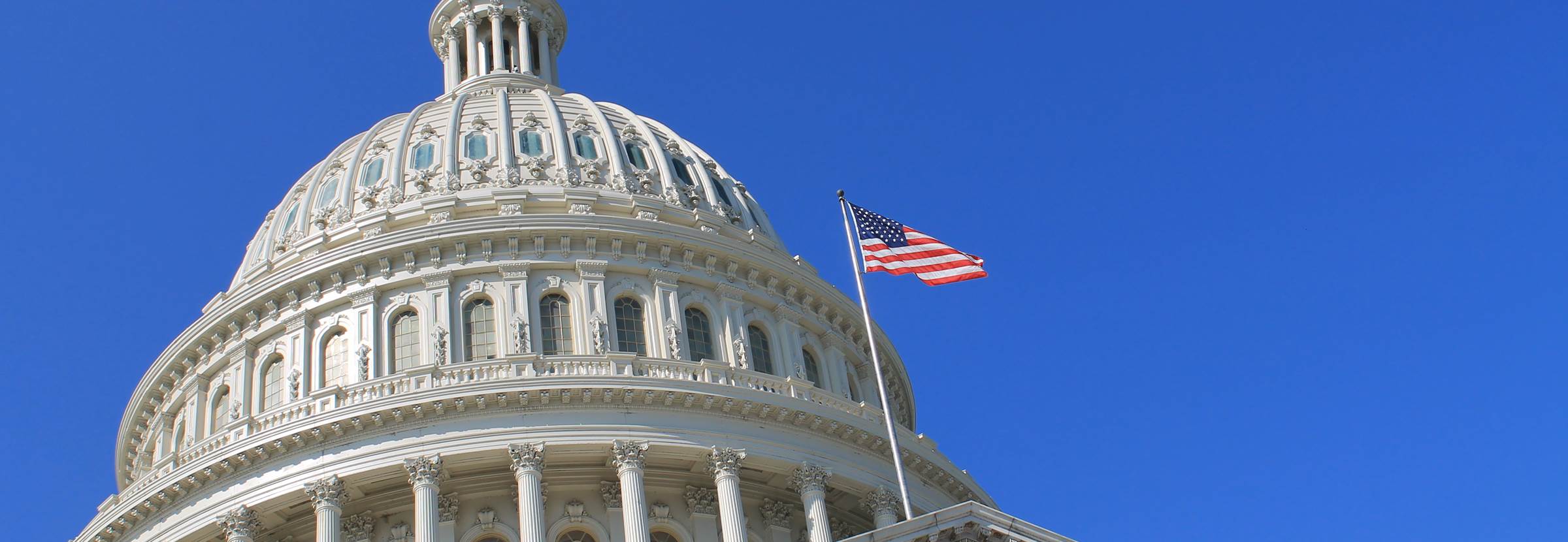Senate GOP Introduces COVID-19 Liability Reform Proposal
Yesterday, Senate Republicans introduced the Safeguarding America’s Frontline Employees To Work Opportunities Required to Kickstart the Economy (SAFE TO WORK) Act, as part of a package of bills they want included in the next coronavirus relief legislation currently under negotiation in Congress. The bill would limit liability for COVID-19 exposure claims brought by any person against business owners, doctors, nurses, schools, and teachers as long as they are following public health guidance and are not grossly negligent.
Key provisions of the bill include:
(1) A federal cause of action for coronavirus claims. This new cause of action is the exclusive remedy for all claims against a defendant for personal injury caused by an actual, alleged, feared, or potential exposure to coronavirus. This cause of action covers all alleged injuries that result from conduct that took place between December 1, 2019 and the later of either the end of the coronavirus emergency declaration or October 1, 2024. It governs all cases, including those pending on the date of enactment. The cause of action governs any covered claim against almost any defendant, including businesses, individuals, schools, colleges, charities, churches, government agencies, and associations, so long as those defendants are engaging in conduct subject to Congress’s regulation under the Interstate and Foreign Commerce Clauses.
(2) Federal preemption. The federal cause of action preempts all state laws that impose liability for coronavirus exposure on broader grounds than those contained in the statute. It instructs courts, however, to apply state laws that impose further liability limitations alongside the provisions of this statute. The statute therefore imposes a floor on liability but makes clear that states are free to further limit liability for coronavirus exposure. The statute does not preempt or interfere with workers’ compensation schemes, government enforcement actions, or claims of intentional discrimination.
(3) Requirements for liability. The bill outlines requirements for liability and provides a limited safe harbor for defendants. Under the safe harbor, a defendant is not liable for coronavirus exposure so long as the defendant undertook reasonable efforts in light of all the circumstances to comply with the applicable mandatory coronavirus standards and regulations in effect at the time of the alleged exposure. However, if a plaintiff can establish that the defendant did not take reasonable steps to comply with the applicable standards and regulations, the plaintiff must further show that the defendant’s gross negligence or willful misconduct caused the plaintiff’s coronavirus injuries.
(4) Employer protections. The bill ensures employers are not liable under federal labor and employment laws for complying with coronavirus-related guidance, including stay-at-home orders.
(5) Workplace testing. The bill would prohibit lawsuits for injuries caused by workplace coronavirus testing unless the injuries were caused by gross negligence or intentional misconduct.
(6) Five years of protection and a cap on damages. The proposed liability shield would cover claims from Dec. 1, 2019 until Oct. 1, 2024. It also caps damage awards. Compensatory damages would be limited to the economic losses incurred because of the injury, as long as the harm was not a result of “willful misconduct.
(7) Independent contractors. The bill is not all positive news. It provides that when a business provides training, personal protective equipment, or other assistance to an independent contractor or a franchisee’s employee, those actions cannot be used as evidence of an employer-employee relationship.
© 2024 Signatory Wall and Ceiling Contractors Alliance (SWACCA). All rights reserved.
